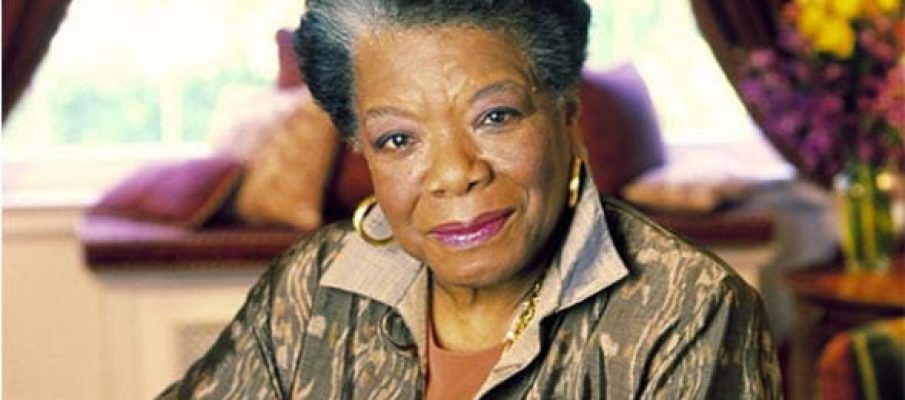“Management is doing things right; leadership is doing the right things.”
Doing the Right Thing


“Management is doing things right; leadership is doing the right things.”

“The mediocre teacher tells. The good teacher explains. The superior teacher demonstrates. The great teacher inspires.”

I don’t watch sports very much, but I am not going to miss the World Cup Final this weekend between Germany and Argentina!
I’d like to take this opportunity to clarify the misconception held by so many of my American friends. Soccer isn’t a word coined by Americans. It’s a British word borrowed (like most words in American English) from the English!
I grew up with soccer in English schools as a slightly less formal word for football. In the 1980s, we (British) noticed that Americans had adopted the word, and it soon fell out of favor. (Or should I say favour?)
The online version of the Oxford English Dictionary defines football as “An open-air game played with this ball by two sides, each of which endeavours to kick or convey the ball to the goal at the opposite end of the field.” The first written record of the word was in 1424 when The Scottish Act declared that “The king forbiddes þt na man play at þe fut ball vnder þe payne of iiijd.” I am not certain what that means, but it seems to imply that the king would be rather cross if anyone played the game!
The dictionary attributes the first written record of the word, soccer, to Ernest Dowson (1867-1900), the poet associated with the Decadent Movement. In 1889, he wrote “I absolutely decline to see socca’ matches.” In other words, he wouldn’t be watching the World Cup Final on Sunday if he were alive today!
The English first used the word to distinguish the game not from American football (first played between Rutgers and Princeton in 1869) but from rugby, a game invented at the school of that name in the 19th century, and on which American Football is based. The full names of these games were Association Football and Rugby Football. Often abbreviated to Assoc, Association Football was popularly called soccer in England until the 1980s, and rugby was called rugger.
So, I think we have this straight. The English were using football before the United States was invented and soccer only twenty years after the first game of what Americans call football!
Finally, just in case anyone thinks that the phrase, gone with the wind, was coined by Margaret Mitchell, the author of the novel of that name, let me set that record straight as well. The phrase was also written by Ernest Dowson in his poem, Non Sum Qualis Eram Bonae sub Regno Cynarae:
Last night, ah, yesternight, betwixt her lips and mine
There fell thy shadow, Cynara! Thy breath was shed
Upon my soul between the kisses and the wine;
And I was desolate and sick of an old passion,
Yea, I was desolate and bowed my head:
I have been faithful to thee, Cynara! in my fashion.
All night upon mine heart I felt her warm heart beat,
Night-long within mine arms in love and sleep she lay;
Surely the kisses of her bought red mouth were sweet;
But I was desolate and sick of an old passion,
When I awoke and found the dawn was grey:
I have been faithful to thee, Cynara! in my fashion.
I have forgot much, Cynara! Gone with the wind,
Flung roses, roses riotously with the throng,
Dancing, to put thy pale, lost lilies out of mind;
But I was desolate and sick of an old passion,
Yea, all the time, because the dance was long:
I have been faithful to thee, Cynara! in my fashion.
I cried for madder music and for stronger wine,
But when the feast is finished and the lamps expire,
Then falls thy shadow, Cynara! The night is thine;
And I am desolate and sick of an old passion,
Yea, hungry for the lips of my desire:
I have been faithful to thee, Cynara! in my fashion.
Dowson, E. (1967). The letters of Ernest Dowson. D. Flower, & H. Maas (Eds.). London: Cassell.


“I’ve learned that people will forget what you said, people will forget what you did, but people will never forget how you made them feel.” ~ Dr. Maya Angelou
Wednesday May 28th, 2014 — I will forget what I did, I have already forgotten what I said, but I will never forget how I felt. On this day, not just America, but the world lost a beautiful, eloquent, and graceful soul. Not only was she an inspiration to many, but also to me personally. I loved her fierce grace, her divine inner beauty, and her words of wisdom that energized every cell in my being.
I remember watching Oprah’s life class recently and listening to this amazing woman speak about life and how to live gracefully. On that day too, I’ve forgotten what I did, I’ve forgotten what I said, but I’ll never forget how she made me feel as her words energized me. The one thing that stood out prominently in that interview was the best advice she had given to her son. This lesson was not only for me but what I needed to pass on to my son. The advice was to guard that sacred, divine space within you fiercely — a place that must be kept clean and pristine and that nobody can touch.
A legendary poet, author, director, actress, civil right activist, and phenomenal woman, she touched so many lives with her grace and beauty. Words elude me as I stand in awe in the shadow of her divine beauty. I can only recite her beautiful quote above and live by her amazing example of a “Phenomenal Woman.”